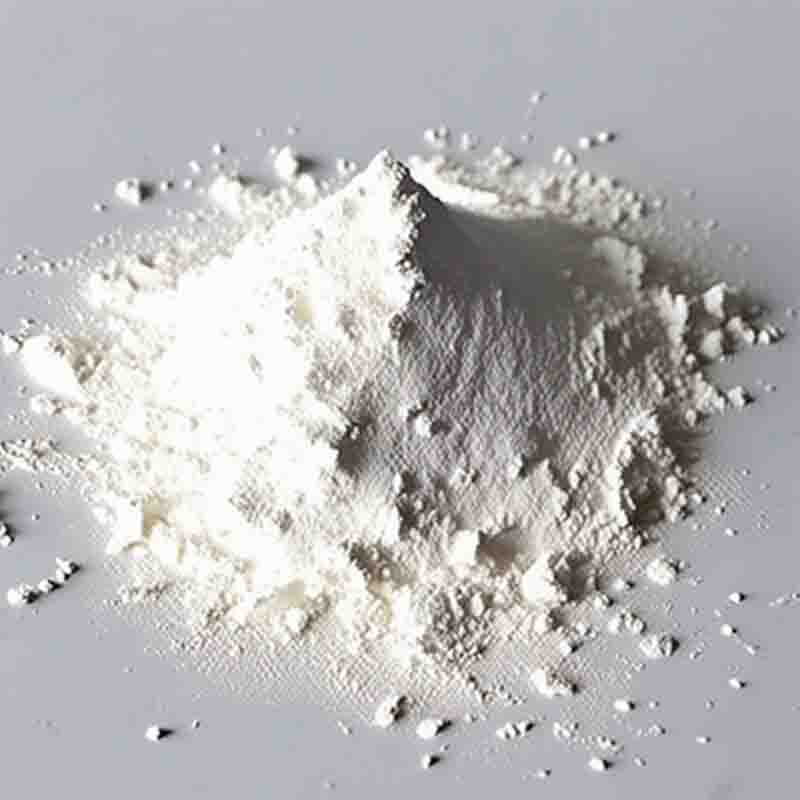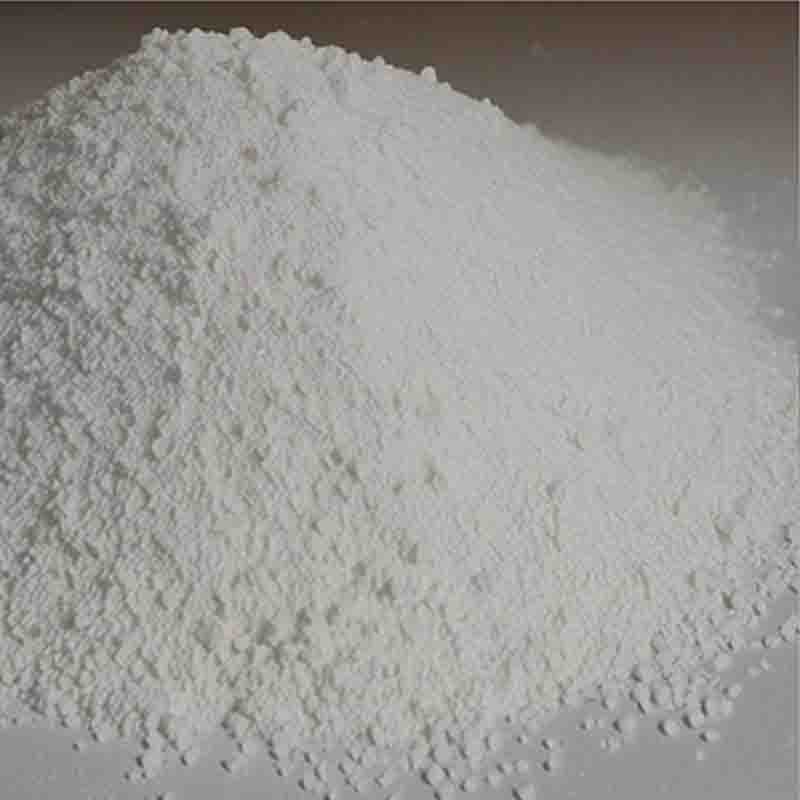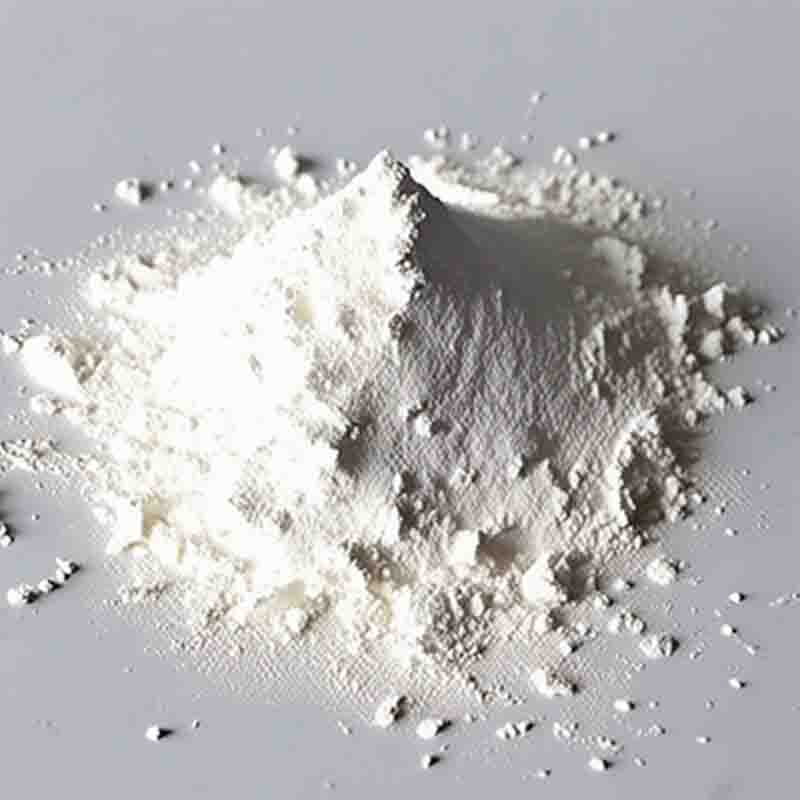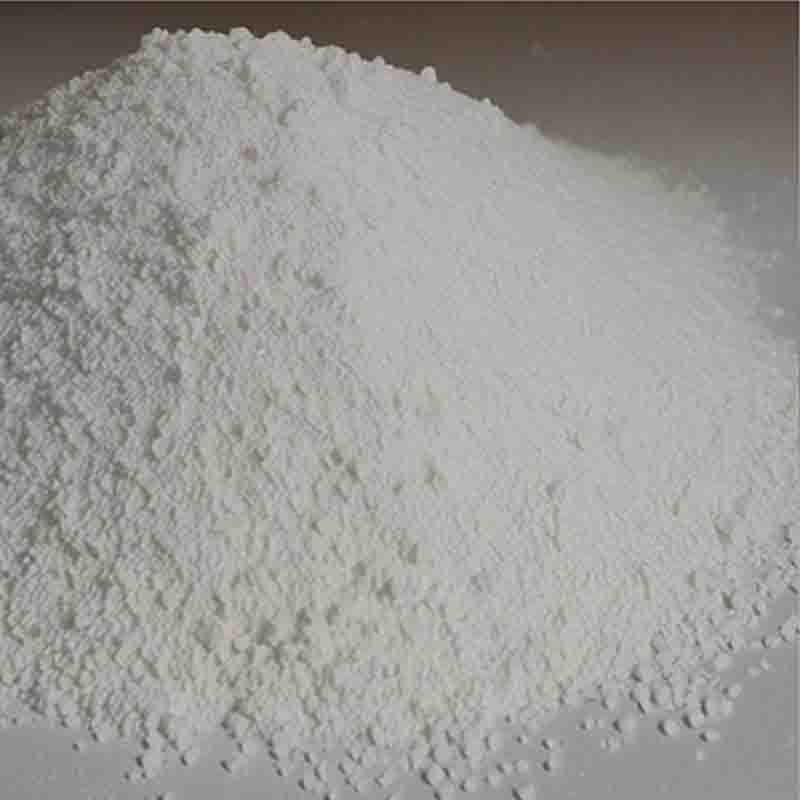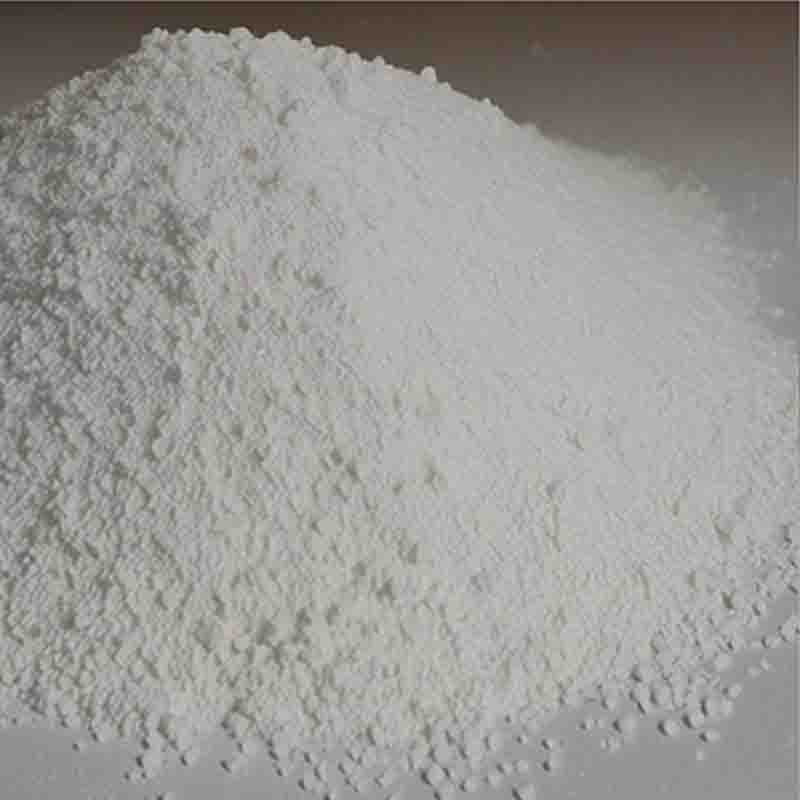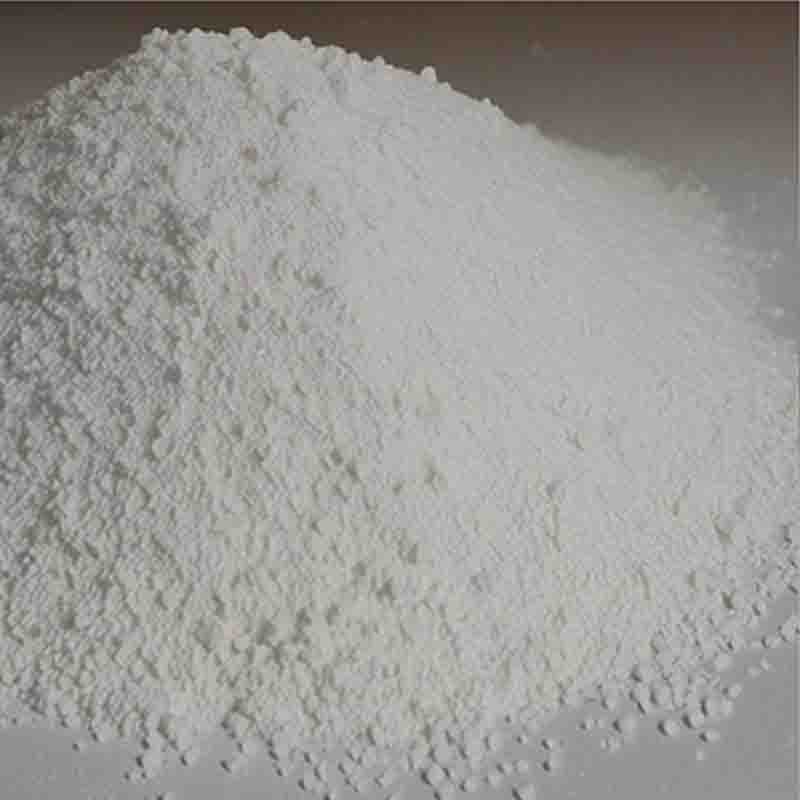(5-Thiazolyl)methyl-(4-nitrophenyl)carbonate (NCT) CAS: 144163-97-3
| Catalog Number | XD93749 |
| Product Name | (5-Thiazolyl)methyl-(4-nitrophenyl)carbonate (NCT) |
| CAS | 144163-97-3 |
| Molecular Formula | C11H8N2O5S |
| Molecular Weight | 280.2566 |
| Storage Details | Ambient |
Product Specification
| Appearance | White powder |
| Assay | 99% min |
(5-Thiazolyl)methyl-(4-nitrophenyl)carbonate, commonly known as NCT, is a chemical compound with diverse applications in the field of medicinal chemistry. NCT is a useful building block that has gained attention for its potential in the synthesis of various pharmaceutical compounds.NCT's unique chemical structure, comprising a thiazole ring and a nitrophenyl carbonate moiety, offers opportunities for the development of molecules with different biological activities. This compound can be used as a precursor or intermediate in the synthesis of drugs targeting various diseases.One of the most significant applications of NCT is in the development of potential anticancer agents. Researchers have explored the use of NCT derivatives in the synthesis of compounds that exhibit cytotoxic activity against cancer cells. By utilizing the reactivity of NCT, medicinal chemists can introduce different functional groups or side chains to enhance the potency, selectivity, and pharmacokinetic properties of the resulting compounds. This enables the creation of novel anticancer drugs with improved efficacy and reduced side effects.In addition to its anticancer potential, NCT derivatives have shown promise as antimicrobial agents. The nitrophenyl carbonate group present in NCT is believed to play a crucial role in affecting the bioactivity of these compounds against various pathogens. Research has demonstrated that NCT derivatives possess significant antibacterial, antifungal, and antiviral activities, making them potential candidates for the development of new antibiotics or antiviral therapies.Furthermore, NCT can be used in the design and synthesis of enzyme inhibitors. For example, by modifying the structure of NCT derivatives, researchers have developed inhibitors targeting specific enzymes involved in disease mechanisms. These inhibitors can be used in the treatment of conditions such as inflammation, neurodegenerative diseases, or cardiovascular disorders.Apart from its direct pharmacological applications, NCT can also serve as a valuable tool for drug discovery and development. Its versatility and reactivity make it an excellent starting material for the synthesis of diverse chemical libraries. These libraries can be screened against various biological targets to identify potential lead compounds for further optimization.In summary, (5-Thiazolyl)methyl-(4-nitrophenyl)carbonate (NCT) is a valuable building block in medicinal chemistry. Its versatility and reactivity make it suitable for the development of potential anticancer agents, antimicrobial compounds, and enzyme inhibitors. Furthermore, NCT can serve as a starting material for the synthesis of chemical libraries, aiding in the discovery of new drugs and therapeutic strategies. Further research and development of NCT and its derivatives hold promise for future advancements in the field of drug discovery and development.


